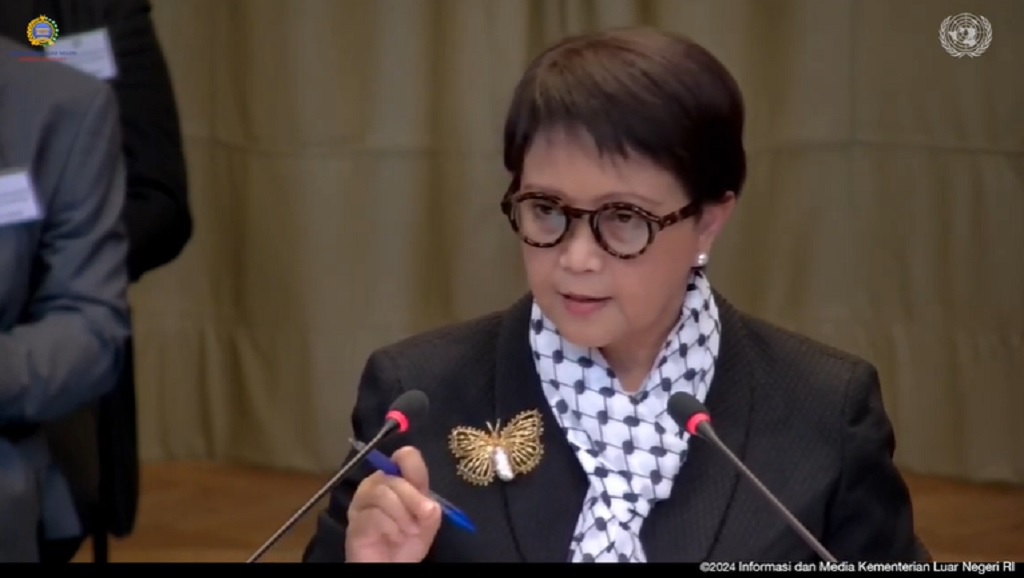The Hague: Indonesia has delivered its oral statement to the International Court of Justice (ICJ) regarding the issue of Palestine in general. Foreign Minister Retno Marsudi emphasized that Palestine has the right to determine their own lives, without pressure and violence from Israel.
This oral statement is ICJ's response to the questions posed by the UN General Assembly regarding Israel's actions in Palestine.
So, what's its legal force?
Director-General of International Treaty Law (Dirjen HPI) at the Indonesian Ministry of Foreign Affairs, Amrih Jinangkung, explained that not only Indonesia was asked to provide an oral statement.
"Indonesia and many other UN member states are asked to provide statements or input by the ICJ. This is stipulated in the ICJ's statute, which requests all countries to provide information as their input," said Amrih.
"If we look at the statute, its strength lies in all countries providing input to the ICJ in order to make an advisory opinion to the UN General Assembly," explained Amrih in a virtual press briefing from The Hague, Netherlands, on Friday, February 23, 2024.
He continued, stating that the final result of this advisory opinion would then become legal advice or material to be used by the UN General Assembly.
"Later, the UN General Assembly will use this advisory opinion as material for further processes," he explained.
When asked about the benefits of the advisory opinion, Amrih explained that while this opinion is not legally binding, it will serve as a reference.
"The legal opinion from the ICJ will be used as a reference for the Palestine issue," he said.
Amrih admitted that he did not know the timeline for the decision on this legal input. It could possibly take 3 to 4 months ahead.
"It might also be by the end of the year, because the ICJ usually takes longer to make decisions," he concluded.
To speak at the ICJ, Foreign Minister Retno Marsudi sought input from various parties in Indonesia, including international law experts, humanitarian activists, and think-tanks.
Read also: Foreign Minister Retno: Negotiations at Gunpoint Are Not Negotiations
Cek Berita dan Artikel yang lain di Google News
FOLLOW US
Ikuti media sosial medcom.id dan dapatkan berbagai keuntungan



















